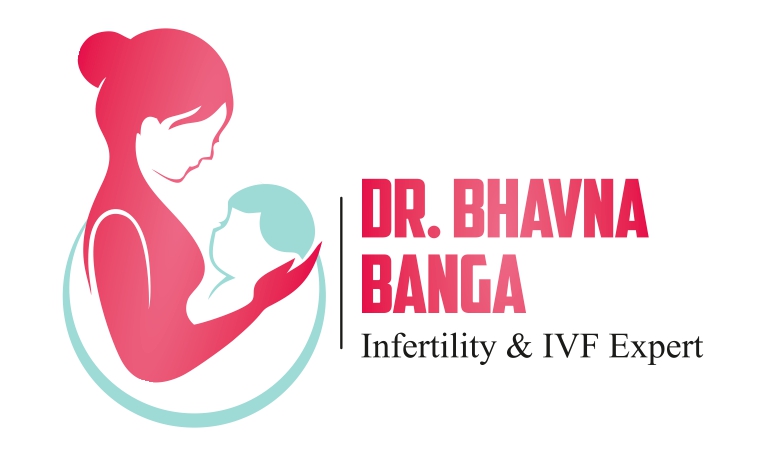Investigations in Male Infertility
Depending on the symptoms & severity of the semen analysis, the further investigations are advised.
- Semen analysis.
- Hormonal evaluation, FSH, LH, TSH, Serum Prolactin, Serum estradiol, Total Fasting Testosterone.
- Scrotal ultrasound.
- Urological local examination.
- Transrectal ultrasound.
- Karyotyping.
- Y chromosome microdeletion assay.
Treatment options
All the treatment options need to be individualized, taking into consideration:
- Age of the female partner,
- Duration of infertility
- The severity and duration of derangement of sperm parameters and the
- The factor responsible for low sperm count.
- Previous response to treatment
- Antibiotics and antioxidant.
- Clomiphene citrate therapy.
- Testicular sperm retrieval.
- Micro-surgical reanastomototic surgery.
- ICSI –
Antioxidants & Multivitamins
Indicated in case of idiopathic oligoasthenospermia, provided all defined cases of the low count are ruled out, like, short abstinence, semen sample collection parameters, febrile illness, testicular failure, varicocele, testicular malignancy etc
Hormone replacement treatment
Indications
- Hypogonadotropic Hypogonadism.
This initially includes Inj Hcg for optimization of serum testosterone levels, and once testosterone levels are optimized, then to start in FSH, to support spermatogenesis. - Testosterone replacement therapy in azoospermic males not desiring fertility.
Genetic Evaluation
It is usually indicated in severe derangement of sperm parameters (sperm count of less than 5 million/ml). It includes a simple blood test for :
- Y Chromosome Deletion Assay.
- Karyotyping.
Semen/ Testicular Tissue Freezing
Indications
- Just prior to IVF, as a precautionary method, as a backup,
- In Testicular sperm retrieved sample, if surplus present.
- In cases, when the husband would not be available to provide a sample on the day of egg collection.
- Cancer patients.
Micro Testicular Biopsy (Micro-TESE)
It is a Micro-surgical advanced method of surgical sperm retrieval in case of Non-Obstructive Azoospermia (NOA).
Testicular Aspiration (TESA)/Open Testicular Biospy (TESE)
PESA/MESA Indicated for surgical retrial of sperms in case of obstructive azoospermia.
Frequently asked questions:
- What are the causes of absent sperm count?
Genetic
Idiopathic
Surgical removal of the testis
Post-cancer treatment
Infections affecting the testis, eg Mumps
Descended testis
Chronic infiltrative diseases
Hypogonadotropic Hypogonadism ( lack of hormone release from the brain )
Obstructive conditions like the absence of Vas Defrens or blockage in the ejaculatory ducts. - Can one get sperms in Non-obstructive azoospermia?
With the invention of the advanced technology like Micro TESE, Chances of surgical sperm retrieval, under magnification with an operating microscope is increased by 40-50%, as compared to the routine testicular aspiration, or open testicular biopsy. - Can one use a known sperm donor?
According to the ICMR guidelines, the donor should be anonymous. - Do you have the provision of the causacian donor?
Yes. - Where are the donor samples procured from?
Through the sperm bank that is registered with the ICMR. - Criteria for sperm donor selection
Mostly Height, hair color, eye color, complexion, education, religion (if specific ) - Are Corrective surgeries preferred over assisted reproductive technology?
Decisions are mainly made on the etiology and the age of the female partner. - For how long one should continue the antioxidants?
Usually 3-6 Months. - After how long should one plan a repeat Testicular biopsy?
Minimum 3 Months. - Should testosterone injections be used to increase the sperm count?
If the couple wants fertility, then never for it would suppress the sperm formation further.
